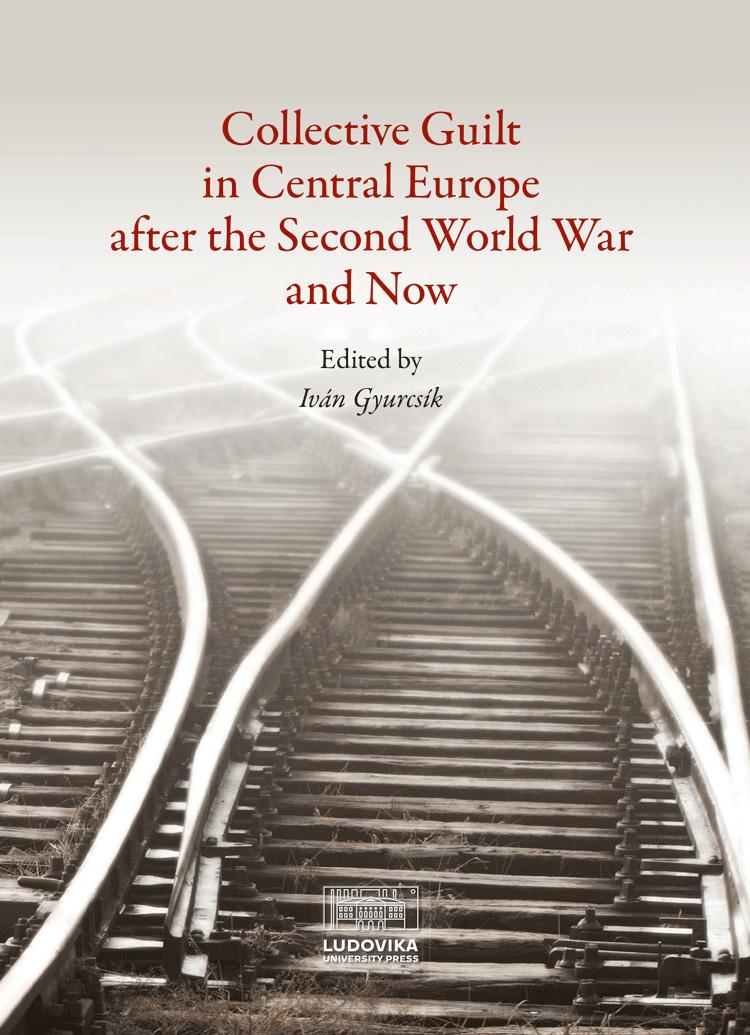Transylvanian Communities Subjected to Collective Traumas and Retorsions in 1944–1947: Reflections on Post-1989 Politics of Memory and Transitional Justice in Romania
Synopsis
In the time of the Second World War, territorial dispute and the policy of “coercive reciprocity” actively induced by the governments of two neighbouring states – Hungary and Romania – had their tragic impact upon the communities of Transylvania. In that region, Hungarians, Romanians, Germans and Jews had cohabitated for centuries. Transylvania, splitted as a consequence of the Second Vienna Award between Hungary (Northern Transylvania) and Romania (Southern Transylvania), in the year 1944 was the scene of four major successive events that redefined the fate of all its communities: the German military occupation of Hungary, the Holocaust in Northern Transylvania, the successful change of allies made by Romania, the passing of the Soviet military war front. The historic documents recorded the atrocities and traumas, in a period of time marked also by the state of war between Hungary and Romania. In that context, collective guilt and punishment were used also by the Soviet military authorities, and the new Romanian Government: that included deportation of German nationals, interning camps, sequestration of properties and other discriminatory legislative measures introduced against Hungarians and Germans. On the other hand, the atrocities made by the so-called “Maniu Guards” were followed by Northern Transylvania being used by the Soviet Union as a tool of political blackmail for establishing a Communist-led government in Romania. The traumatic experiences of the communist totalitarian regime had their impact on the Romanians and the national minorities – Hungarians, Germans, Jews, etc. Before and after 1989, the reflections in the collective memory of the historical past were used and abused by conflicting political legitimating discourses. The memories of those collective traumas are also part of the contemporary politics of memory, as were to be addressed also by post-1989 transitional justice and reconciliation process. The present study tries to analyse some aspects of these complex realities.



.svg)
